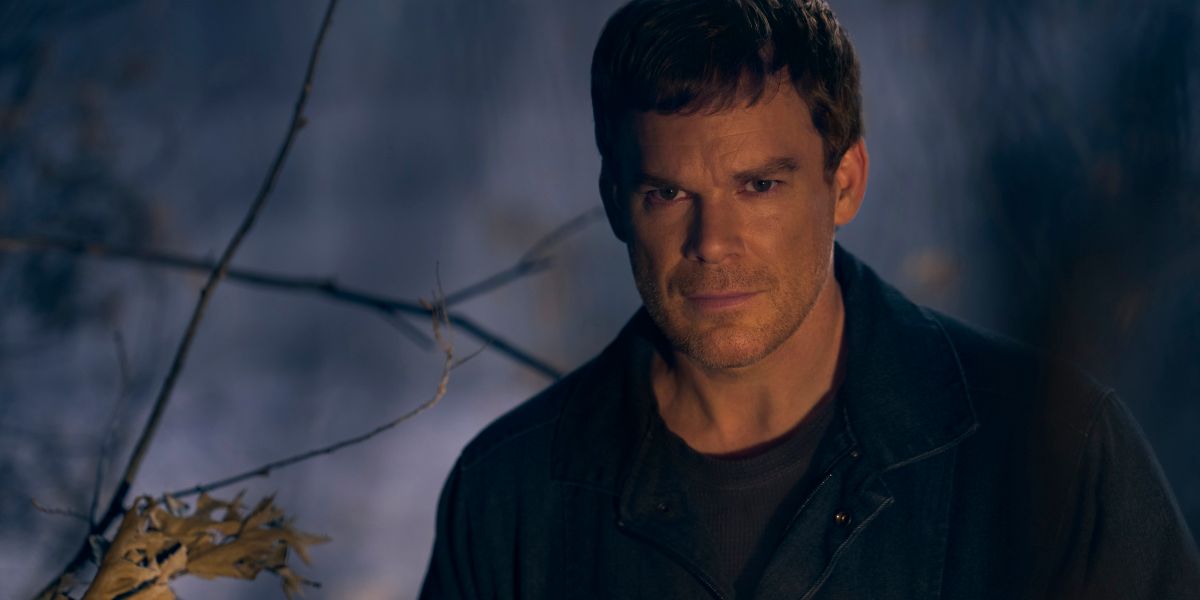In this age of multi-platform reboots of various properties, one very interesting update of a seminal series is just over the horizon: Showtime's Dexter: New Blood brings back Michael C. Hall's serial killer with a code. In a Variety feature, showrunner Clyde Phillips addresses some of the problems with the original series' last few seasons, verbalizing what fans of the show have felt for years, that in the last few seasons, Dexter "lost its way."
The original series ran from 2006-2013, and is considered (along with Weeds) a show which, in the words of Showtime Networks president of entertainment Gary Levine, "planted the flag" for the network as a home for the kind of mature, compelling programming that could rival HBO. Dexter followed Hall's title character, a man whose horrific childhood trauma embedded sociopathic tendencies which eventually manifested as an addiction to killing. Having been adopted by the police officer who found him in a pool of his mother's blood, Dexter lives with the ghost of his father (James Remar) in his head, acting as a conscience and compelling him to only kill other killers.
Phillips, who served as an executive producer on Dexter's first four (and arguably best) seasons, acknowledges how much has changed in the eight years since the Dexter finale drew the show's highest-ever ratings. Despite seeing Dexter as more of a "sympathetic villain" than an antihero, Phillips opined on whether or not a character like Dexter has a place within the modern content landscape, denying that “the antihero narrative [is] over and everything’s going to be ‘Ted Lasso’ now.”
Dexter's original finale saw the character escaping any kind of justice for his years of merciless killings and assuming a new identity as far from Miami — and his son — as he can get. Many fans weren't satisfied with this, and Phillips seems to understand, saying that during the final few seasons, the show "was only seeing as far into the future as the headlights on a car and had broken the covenant with the audience about everything that Dexter does has to be code-worthy.”
The showrunners of Dexter: New Blood seem determined to not just justify the reboot series but include a streak of social and cultural relevance, adding a strong female lead in the form of Angela Bishop (played by Julia Jones), a Native American police chief in the small city where Dexter has been hiding out. While they might be biting off a bit more than they can chew by addressing "the opioid crisis, school shootings, how Indigenous people are treated in this country," and more, if Dexter: New Blood can successfully capture the compelling, pulpy allure of Dexter's initial four seasons, this could be worth waiting for.
Dexter: New Blood premieres on November 7, 2021 on Showtime.


